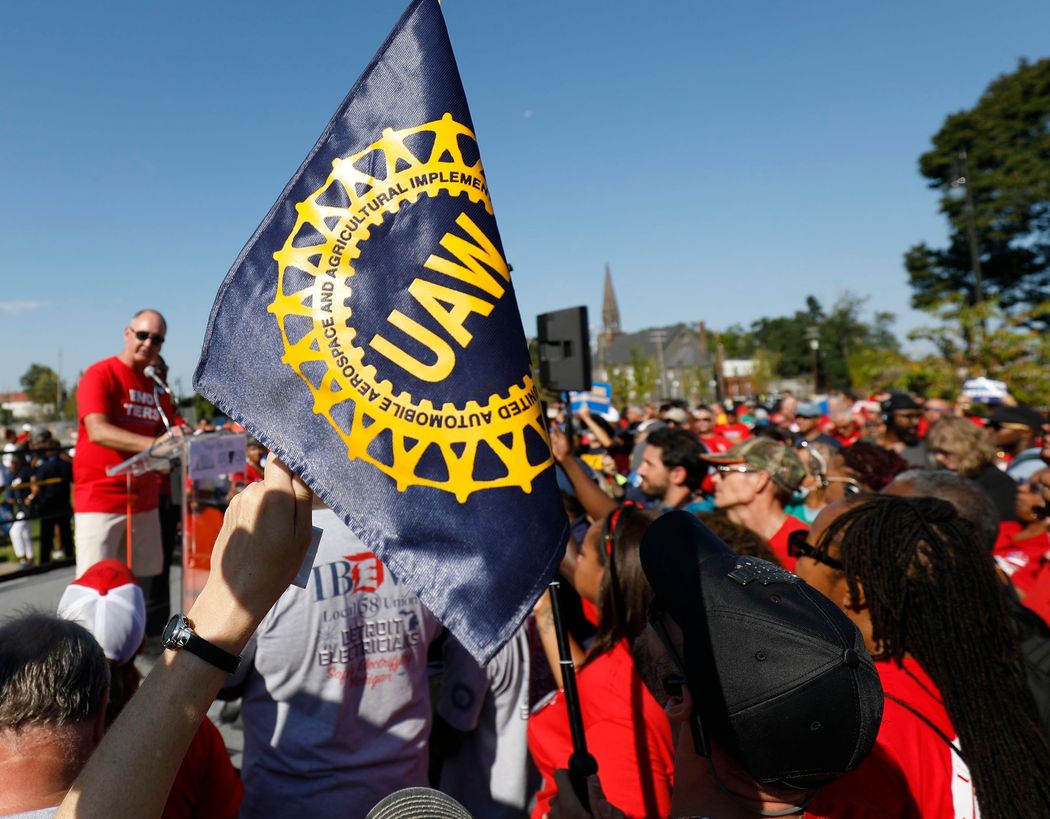
Michelle Berger is a student at Harvard Law School.
In today’s News and Commentary: UAW strike expands to Ford’s most profitable truck plant, negotiations break down between the actors and studios, and the September labor market defied expectations.
The UAW surprised Ford yesterday evening when 8,700 workers walked off and struck Ford’s most profitable truck plant, located in Louisville, Kentucky. UAW workers at the Big Three automakers have been on strike since their contract expired last month. The UAW had excluded Ford from prior waves of strike expansions, which UAW President Sean Fain had previously been announcing on Fridays until yesterday’s surprise announcement. The UAW’s targeted, expanding strikes strategy is understood to be severely disruptive for the automakers while requiring only 22% of the Big Three’s 150,000 autoworkers to strike. This impactful strategy is made possible by the UAW’s large membership across so many workplaces within the same industry. The UAW is striking for higher wages, the abolishment of a two-tier wage system, and unionization at EV battery factories. So far, GM has agreed to allow unionization at its EV battery factories. GM also came to an agreement with its Canadian Union on Tuesday after a brief strike.
Negotiations between the screen actors’ guild and the studios broke down yesterday evening as well. The negotiations are now suspended, according to a statement by the studios. The actors have been on strike for nearly three months. As John reported earlier this week, Hollywood’s writers ratified their new contract with the studios with 99% of members voting “yes.”
Contract negotiations in both industries are occurring against a backdrop of a strong labor market. According to Bureau of Labor Statistics data released last week, U.S. employment surged in September, increasing more than it has in eight months with an increase of 336,000 jobs. This was almost double the number forecast by economists, Reuters reports. Writing in the American Prospect, Ryan Cooper attributes high employment to Bidenomics.






Daily News & Commentary
Start your day with our roundup of the latest labor developments. See all
February 6
The California Supreme Court rules on an arbitration agreement, Trump administration announces new rule on civil service protections, and states modify affirmative action requirements
February 5
Minnesota schools and teachers sue to limit ICE presence near schools; labor leaders call on Newsom to protect workers from AI; UAW and Volkswagen reach a tentative agreement.
February 4
Lawsuit challenges Trump Gold Card; insurance coverage of fertility services; moratorium on layoffs for federal workers extended
February 3
In today’s news and commentary, Bloomberg reports on a drop in unionization, Starbucks challenges an NLRB ruling, and a federal judge blocks DHS termination of protections for Haitian migrants. Volatile economic conditions and a shifting political climate drove new union membership sharply lower in 2025, according to a Bloomberg Law report analyzing trends in labor […]
February 2
Amazon announces layoffs; Trump picks BLS commissioner; DOL authorizes supplemental H-2B visas.
February 1
The moratorium blocking the Trump Administration from implementing Reductions in Force (RIFs) against federal workers expires, and workers throughout the country protest to defund ICE.